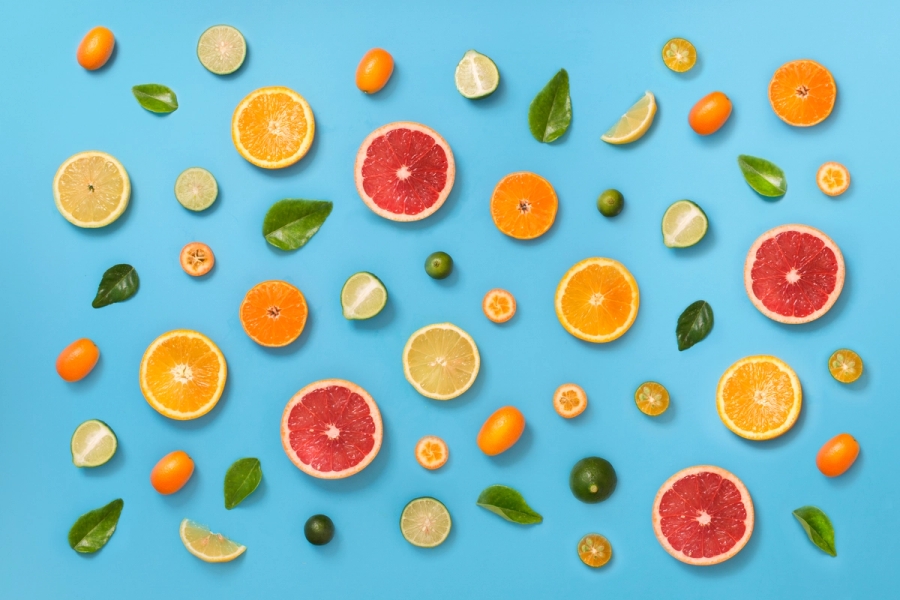Vegetables get a bad rep. Healthy? Absolutely. Taste and texture? Well…
With science, however, holding your nose while eating your greens may come to an end.
Pairwise, a North Carolina-based company that just hit the 145-employee mark, is working to change views on vegetables and fruit by changing their flavors.
To do that, Pairwise uses CRISPR, a gene-editing technology, to basically surgically remove undesirable traits into common plants we eat, like taking seeds or pits out of fruit.
“We use genetics and genomics to find the gene targets that are controlling that flavor underneath it. And then what we do is we look around at the rest of nature, and we say, ‘Is there somewhere where there's a plant that's related, but doesn’t have this kind of taste, or is a little bit different?’” Ryan Rapp, chief technology officer at Pairwise, told Emerging Tech Brew.
Gene editing isn’t new to the food industry, but the technology before now was relegated to agriculture in the field. Farmers often used genetically modified seeds to protect crops, like potatoes and summer squash, from pests, weather, insecticide, and herbicides. GMO crops are mostly used to feed animals, but are often found in crops like soybeans, corn, and canola.
Now, Pairwise is taking gene editing a step further and applying the science to fruits and vegetables, eliminating bitter tastes in nutritious foods like mustard greens, removing pits from cherries, and getting rid of seeds in berries like raspberries and black raspberries. Pairwise said nearly half of households that buy pre-packaged salads agree that “there aren’t enough choices in nutrient dense salad greens today.”
While that may be a good talking point, it’s also an opportunity for business. In 2017, Pairwise’s tech attracted the interest of the biotech giant Bayer, which first invested in the company through its Leaps by Bayer venture arm. Over the last five years, Pairwise has raised $115 million in funding, per Crunchbase, and industry estimates put Pairwise revenue at about $42 million a year.
Keep up with the innovative tech transforming business
Tech Brew keeps business leaders up-to-date on the latest innovations, automation advances, policy shifts, and more, so they can make informed decisions about tech.
According to Rapp, Bayer has collaborated with Pairwise on experiments ranging from making plants more resistant to fungus, to increasing kernel rows on corn, and increasing crop yields per acre. Bayer did not respond to a request for comment.
Unlike a lot of gene editing that adds additional DNA onto the structure of a plant, Pairwise’s use of CRISPR allows it to remove or change the sequence of DNA to take away select traits or enhance desirable characteristics without fundamentally altering its structure.
“We try to understand what Mother Nature has done over there, and then we simply use CRISPR to re-create that same thing in the thing that people can eat.” Rapp said.
Pairwise has spent over four years testing and developing its mustard greens, which it intends to be the company’s first commercial product. Pairwise says it will sell its modified food under its “Conscious Foods” brand, which it intends to release in 2023 in the Pacific Northwest and California before spreading across the country.
Its push for seedless cherries is estimated to take upwards of a decade, due to the length of time it takes to grow the trees themselves, but Rapp said the company plans to move on to removing seeds from fruits like blackberries and raspberries, and taking pits out of stone fruits (think peaches, plums, and apricots) next, which it believes will have a shorter timeline of a few years.
“I think there’s huge potential there on the medicine front. There’s also huge potential in the food front to help us deal with a lot of different issues…,” Rapp said. “It has the ability to bring us things that help us actually have healthier lifestyles overall. That’s where we can use it to make certain fruits available year round. The idea of making things more palatable to people and more convenient for people to eat as well.”
